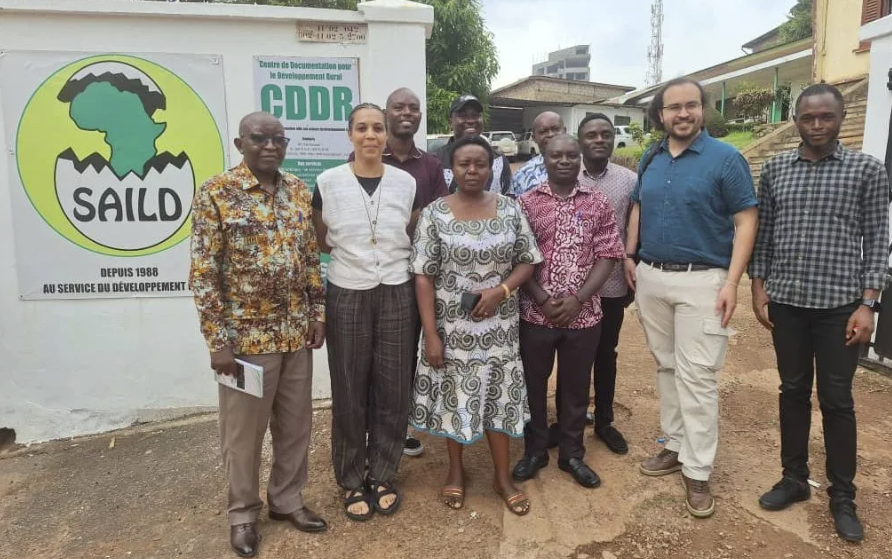
Yaoundé, Cameroon – In a significant step towards sustainable development, Sweden and Cameroon have entered into a collaborative agreement to address deforestation and promote fairness in supply chains. Representatives from the Stockholm Environment Institute (SEI), Support Actions for Improvement of Livelihoods and Local Development (SAILD), and Chalmers University of Technology formalized the partnership, aiming to support Cameroon in complying with the European Union’s Regulation on Deforestation-Free Products.
Cameroon, a key producer of agricultural commodities such as palm oil, cocoa, coffee, rubber, and soy, faces direct implications from the EU’s 2023 regulation, which seeks to curb deforestation-linked products from entering the European market. The newly launched project, “Building an Evidence Base for Deforestation-Free Landscapes,” will focus on generating robust data to support sustainable land management in Cameroon.
The collaboration will involve joint research studies and extensive engagement with local stakeholders. “We want to move science forward in an inclusive way, bringing the concerns that organizations like SAILD have, that are based on practices and realities on the ground, into scientific discussions,” stated Dr. Yanou Malaïka from Chalmers University. The project will include direct field visits and dialogues with local populations to understand their challenges, needs, and perspectives on deforestation.
The insights gathered will be compiled into a database to inform environmental policymaking. “This research will enable us to draw up an action plan, and to modify policies in a way that helps to reduce deforestation and promote sustainable development in line with the wishes and needs of populations and agriculture,” explained Mairon G. Bastos Lima from SEI.
The partnership aims to influence major decision-makers, including the EU, to consider the ground-level impacts of their policies. “We want to promote effective change with our scientific research. We want to get major decision-makers like the EU to consider the situation of the players who are most affected on the ground, and take this into account in their policies,” Lima concluded.
The collaborative team, comprising Mairon G. Bastos Lima (SEI), Franck Ndjodo and Aristide Tchounkeu (SAILD), and Yanou Malaïka (Chalmers), has already commenced project activities. They recently participated in the international symposium “What environmental diplomacy mean for the Congo Basin,” held in Yaoundé from March 5-6, 2025, where they discussed the project with international experts. This partnership marks a crucial step in promoting sustainable and transparent supply chains, ensuring environmental protection and the well-being of local communities in Cameroon.
[Copyright (c) Global Economic Times. All Rights Reserved.]






























